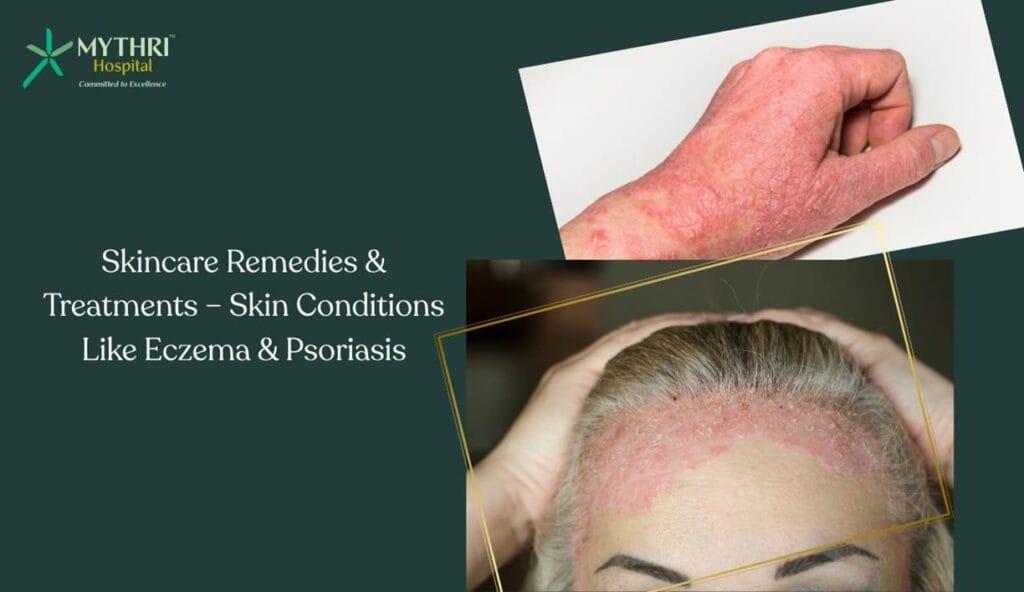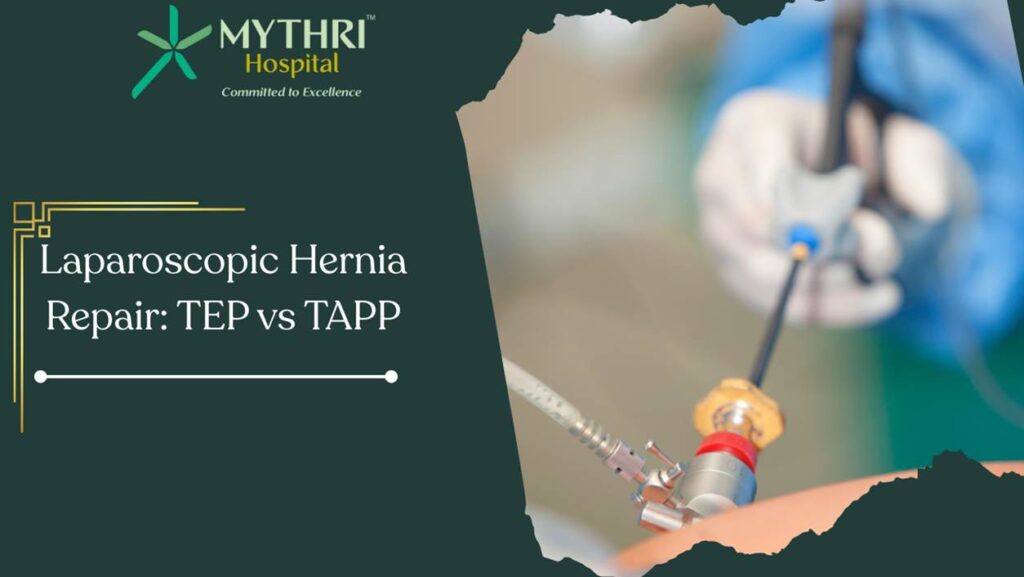In this rapid, information-driven world of today, the young people have distinct health issues that their predecessors did not. Although technology has provided access to vast amounts of information, it has also introduced misinformation, poor lifestyles, and heightened mental health pressures. As a result, health education for young people is more critical than ever.
Why health education is important for young people?
Adolescent and young adult life is a period of development — physical, mental, and emotional. The habits and decisions they make during these years are likely to remain with them well into adulthood. By providing youth with accurate, relevant, and usable health education, we equip them to make decisions that can protect and promote their health for the duration of their lives.
Why it matters?

1. Prevention over Cure
The majority of chronic conditions, such as diabetes, obesity, and heart disease, can be prevented with healthy lifestyle choices. If youth learn about nutrition, physical activity, and warning signs, they will be more inclined to avoid these conditions in the first place.
2. Mental health awareness
Depression, anxiety, and stress disorders are rising among adolescents. Through education, they will be equipped to recognize early signs of mental distress in themselves and others, seek help without shame, and learn strategies for coping with the challenges of life.
3. Creating healthy relationships
Health education also covers topics like emotional intelligence, communication, and boundary respect. This helps young people learn about friendships, love relationships, and family life in a healthy, respectful way.
4. Digital health
Young people today spend a lot of time on the internet, which can lead to issues like sleep deprivation, screen dependence, and cyberbullying. Health education learns how to balance the virtual and real worlds, keep mental health safe, and use technology responsibly.
5. Faith in healthcare decisions
From vaccination calendars to whether or not to see a doctor, health education allows young people to be responsible for their health rather than leaving it entirely up to parents or destiny.
The work of schools and communities
While families are the primary influence on young people, schools and community programs can normalize and make health education more accessible to more people. Comprehensive programs must have:
- Physical health: Nutrition, fitness, hygiene, and sexual health.
- Mental health: Stress management, building self-esteem, and identification of warning signs.
- Social well-being: Communication, conflict resolution, and empathy.
- Safety: First aid, prevention of drug and alcohol use, and internet safety.
Health care professionals, community agencies, and even peer groups can offer the environments where young people feel comfortable in asking questions and having open discussions about sensitive topics without fear of being judged.
Making health education relatable
Perhaps the most challenging aspect of empowering young people through health education is making the information pertinent. Informing teenagers to “eat well” or “exercise more” will not work — the message has to be relevant to their lives. For example:
- Making healthy eating about better sporting performance or better skin.
- Showing young people how being mindful can ease exam pressure.
- Employing social media stars to sell positive health messages.
- Encouraging small, manageable changes rather than overwhelming life changes.
- When learning is relevant, young people are more likely to apply it to their lives.
Why now more than ever?
Life today provides new and complex health challenges:
- More stress from school demands and job insecurity.
- Increased exposure to unhealthy trends on social media.
- Sedentary lifestyles fueled by technology and city living.
- Global health crises such as pandemics that require knowledge of prevention measures.
Giving young people the knowledge, skills, and confidence to address these challenges isn’t just beneficial — it’s crucial to creating a healthier future generation.
How Mythri hospital facilitates youth health education?

At Mythri Hospital, we believe that health education must be started early in life and practiced all lifelong. That’s why we actively engage with schools, colleges, and youth organizations to provide awareness sessions, health camps, and interactive workshops.
Our professional doctors, nutritionists, and mental health experts are committed to educating children not just the “what” but the “why” of good decision-making. From guiding them on eating right and fitness to mental health solutions and internet safety, we offer a forum where they feel free to ask questions and find answers.
We also offer affordable check-up packages and adolescent health services to ensure young people get the right treatment at the right time.
Through partnerships with parents, teachers, and communities, Mythri Hospital is building a more confident, resilient, and healthier generation of young people — one that will be better equipped to overcome the challenges of tomorrow.
FAQs on youth health education
1. What is the main goal of youth health education?
The main objective is to provide young people with the information and skills they require to make informed choices about their physical, emotional, and social well-being.
2. Can schools manage health education on their own?
Though schools have the central role, proper health education is a joint endeavor by parents, doctors, and the community.
3. Why is health education needed in today’s digital age?
With greater access to online information — both accurate and inaccurate — teenagers need guidance to adopt healthy living habits and protect their mental well-being.
4. Is health education able to prevent mental illness?
Yes. Through education in coping mechanisms, self-awareness, and early warning signs, health education can reduce the risk of failing to treat mental illness.




